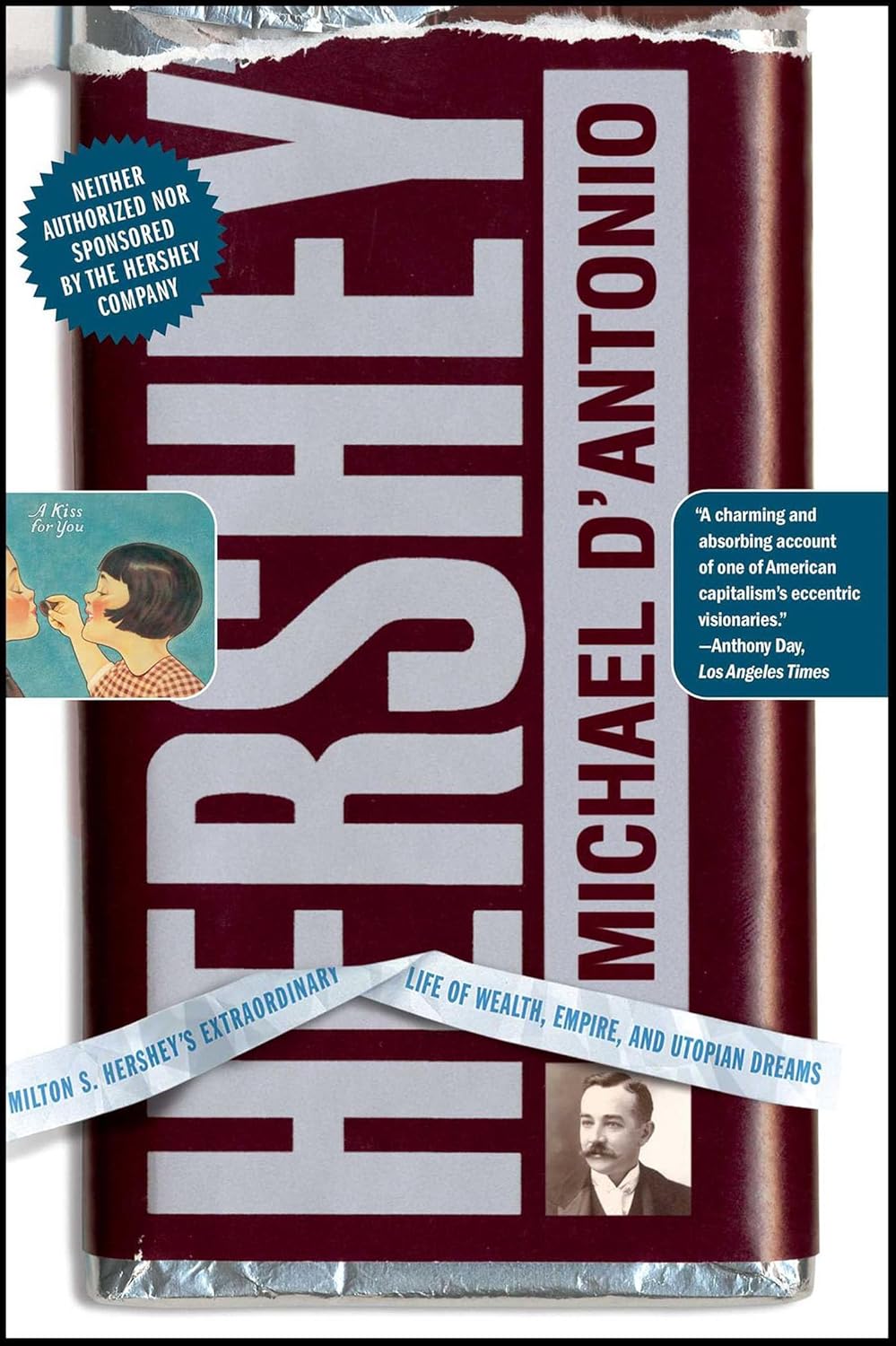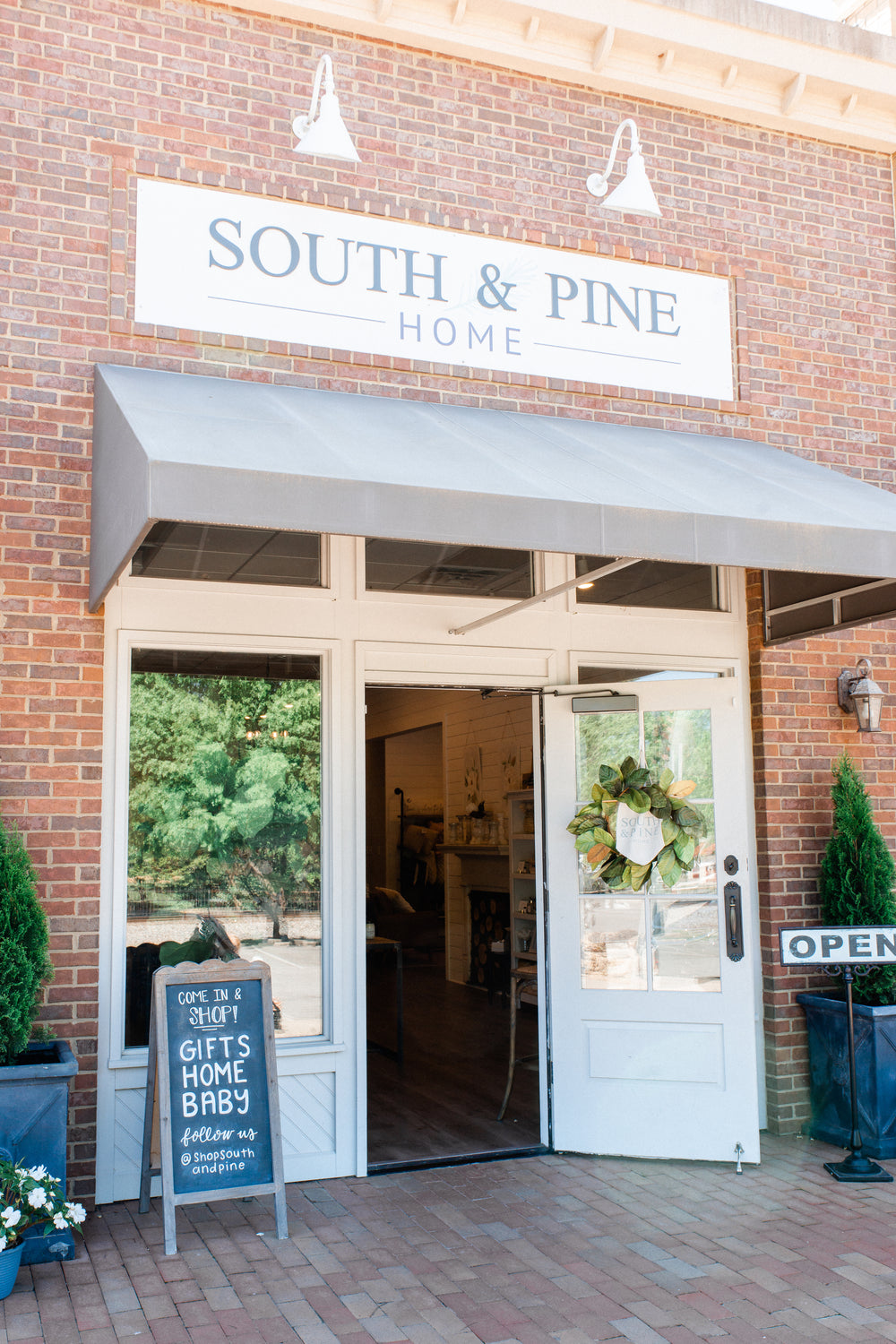
Hershey by Michael D'Antonio
More than ever, politics seem to be driven by discord. People sitting together in pews every Sunday feel like strangers and loved ones at the dinner table feel like enemies. Toxic political dialogue, hate-filled rants on social media, and agenda-driven news stories have become the new norm. But it doesn't have to be this way.
In I Think You're Wrong (But I'm Listening), two working moms from opposite ends of the political spectrum teach us that politics don't have to divide us. Instead, we can bring the same care and respect to policy discussions that we bring to the rest of our lives.
Sarah Stewart Holland and Beth Silvers, co-hosts of Pantsuit Politics, recently named an Apple Podcasts Show of the Year, give you all of the tools you need to:
- Respect the dignity of every person
- Recognize that issues are nuanced and can't be reduced to political talking points
- Listen in order to understand
- Lead with grace and patience
Join Sarah from the left and Beth from the right as they teach you that people from opposing political perspectives truly can have calm, grace-filled conversations with one another.
From a Pulitzer Prize winner, “a charming and absorbing account of one of American capitalism’s eccentric visionaries” (Los Angeles Times).
The name Hershey evokes many things: chocolate bars, the company town in Pennsylvania, one of America’s most recognizable brands. But who was the man behind the name? In this compelling biography, journalist Michael D’Antonio gives us the real-life rags-to-riches story of Milton S. Hershey, a largely uneducated businessman whose idealistic sense of purpose created an immense financial empire, a town, and a legacy that lasts to this day.
Hershey, the son of a minister’s daughter and an irresponsible father who deserted the family, began his career inauspiciously when the two candy shops he opened both went bankrupt. Undeterred, he started the Lancaster Caramel Company, which brought him success at last. Eventually he sold his caramel operation and went on to perfect the production process of chocolate to create a stable, consistent bar with a long shelf life . . . and an American icon was born.
Hershey was more than a successful businessman—he was a progressive thinker who believed in capitalism as a means to higher goals. He built the world’s largest chocolate factory and a utopian village for his workers in rural Pennsylvania, and used his own fortune to keep his workers employed during the Great Depression. In addition, he secretly willed his fortune to a boys’ school and orphanage, both of which now control a vast endowment.
“Captivating . . . unfolds much like a good novel.” —Pittsburgh Post-Gazette
“A valuable addition to the literature of American business and philanthropy.” —The Washington Post Book World


